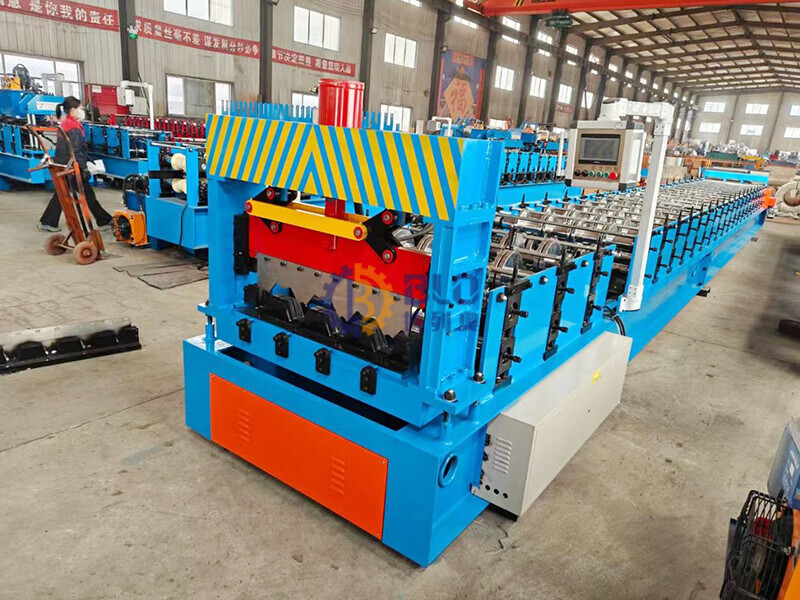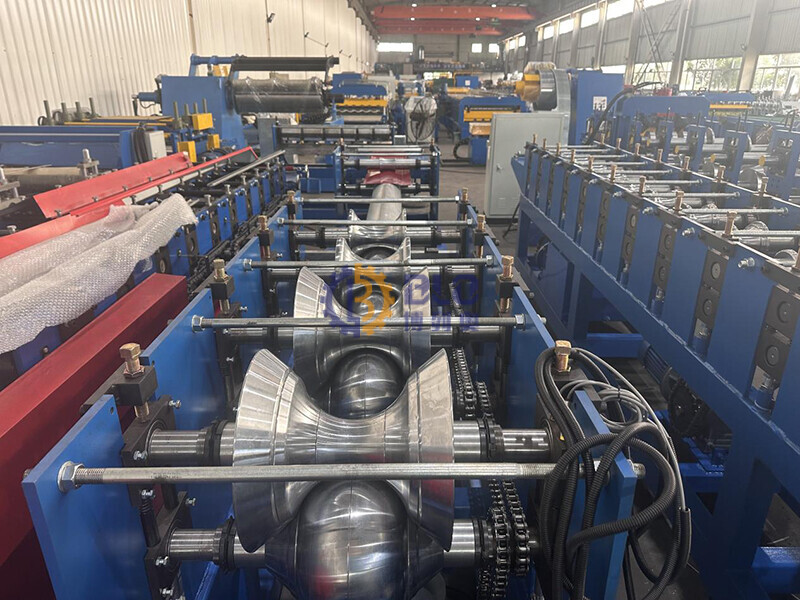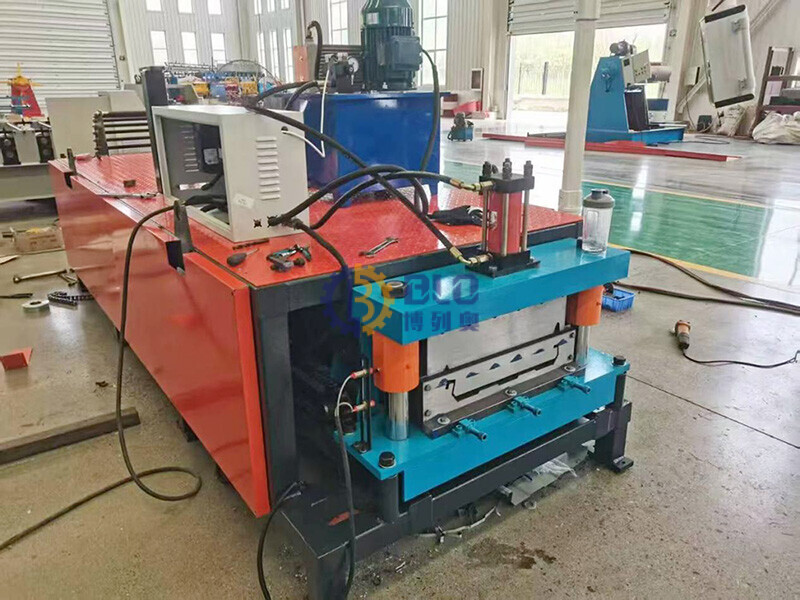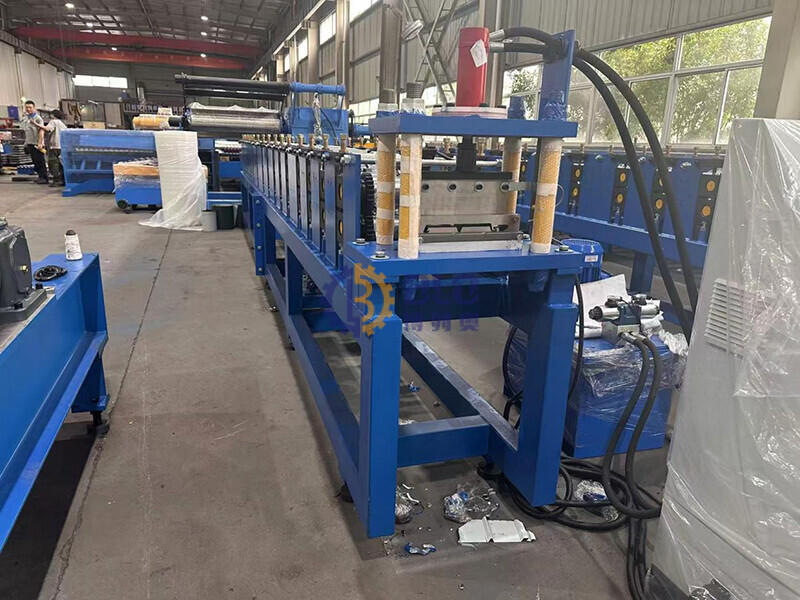A gutter system is an essential component of a building's exterior, designed to collect and channel rainwater away from the structure to prevent water damage. Here's a breakdown of its key components:
Types of Gutters:
Most Popular: Seamless Gutters
Seamless gutters are the most common gutters and the preferred choice of both installers and homeowners. As the name states, seamless gutters come in one piece and are custom-made on site to fit each area of your home.This does not mean you only have one gutter, but instead, each run of horizontal gutter trough is custom-measured and made for that specific area.
Least Popular: Sectional Gutters
The other type of gutters are sectional gutters and like the name states, they come in sections. These are gutters typically found at your local hardware stores like Home Depot or Lowes and are often made of vinyl.
Vinyl is the cheapest in price, but also in quality. You can read our review of vinyl vs. aluminum gutters here. Sectional gutters are easy for the DIY gang,
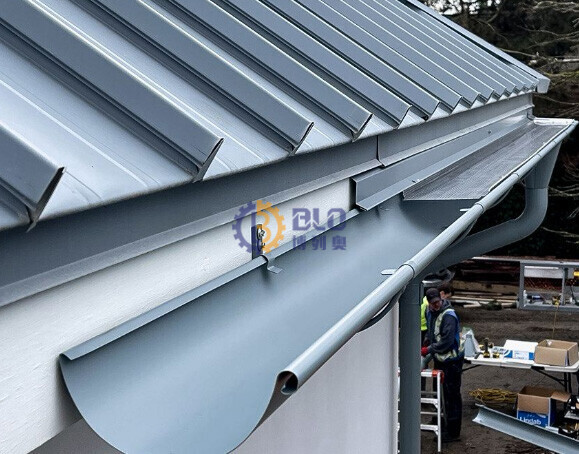
Downspouts
Function: Carry water from the gutters down to the ground or drainage system.
Material: Usually matches the gutter material.
Shape: Rectangular or round.
Placement: Positioned at intervals along the gutter, often at corners or low points.
Gutter Guards/Screens
Function: Prevent debris like leaves and twigs from clogging the gutters.
Material: Mesh, foam, or surface tension units.
Placement: Installed over or inside the gutter channels.
End Caps
Function: Seal the ends of gutter channels to prevent water from spilling out.
Material: Matches the gutter material.
Placement: Attached to the ends of gutter sections.
Elbows
Function: Allow downspouts to navigate around obstacles or follow the contour of the building.
Material: Matches the downspout material.
Shape: Typically 90-degree or 45-degree angles.
Placement: Used at the top, bottom, or middle of downspouts.
Gutter Hangers/Brackets
Function: Secure the gutter channels to the roof edge or fascia board.
Material: Metal or plastic.
Types: Spike-and-ferrule, hidden hangers, strap hangers, etc.
Placement: Spaced evenly along the gutter length (typically 2-3 feet apart).
Fascia Board
Function: Provides a surface for attaching gutter hangers.
Material: Wood, vinyl, or aluminum.
Placement: Located behind the gutters, attached to the roof rafters.
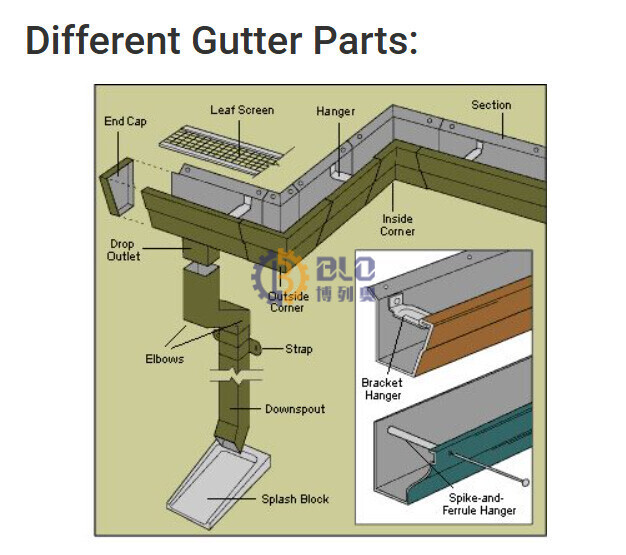
Maintenance Tips:
Regularly clean gutters and downspouts to prevent clogs.
Inspect for leaks, rust, or damage, especially after storms.
Ensure downspouts direct water at least 5-10 feet away from the foundation.
A well-maintained gutter system is crucial for protecting your home from water damage, foundation issues, and landscape erosion.
Cold roll forming equipment plays a crucial role in manufacturing components for gutter systems. Here’s an overview of the types of equipment and products it can provide for drainage systems:Gutter Channels, Downspouts,Gutter Brackets/Hangers, End Caps,Gutter Aprons,Splash Blocks,Custom Profiles
Summary:
Cold roll forming equipment is essential for producing high-quality, durable, and customizable components for gutter systems. It offers efficiency, precision, and versatility, making it a valuable solution for manufacturers of drainage systems. Whether for residential, commercial, or industrial applications, cold roll forming ensures that gutter systems are both functional and aesthetically pleasing.
Latest Post
Ask For A Quick Quote
If you are looking for more information on our services, or how we could potentially help, we would love to hear from you!


